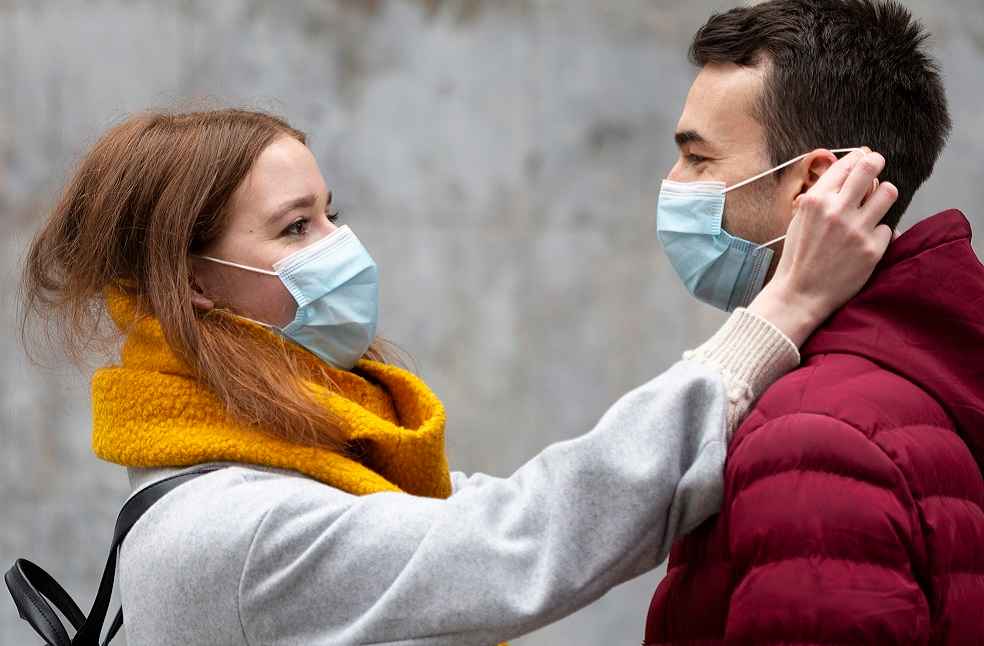Manchester: A recent surge in Covid-19 hospitalisations in the UK is attributed to waning immunity and new variants collectively referred to as FLiRT. The UK Health Security Agency (UKHSA) reported a 24% increase in hospital admissions in the week ending Sunday, with a rate of 3.31 per 100,000 people, up from 2.67 per 100,000 the previous week.
Professor Lawrence Young, a virologist at Warwick University, emphasised that the virus has not disappeared. “The virus hasn’t gone away and is certainly not a seasonal infection,” he told the i newspaper. He linked the rise in infections to new, more infectious variants and declining immunity.
In the week leading up to 12 June, 2,053 Covid cases were recorded, a 7% increase from the previous week. Hospitalisations were highest among those aged 85 and over. Intensive care admissions remained very low but saw a slight increase to 0.12 per 100,000.

The FLiRT variants, named for their genetic mutations, include KP.1.1, KP.2, and KP.3. These variants accounted for 40% of all Covid cases in the UK in April. KP.2 caused a spike in spring cases, while KP.3 is linked to the current rise.
The UKHSA continues to monitor new variants and assess the effectiveness of vaccines. There is no change to public health advice at this time.
MOST READ | Johnson & Johnson to pay $700mn to settle consumer misleading claims



